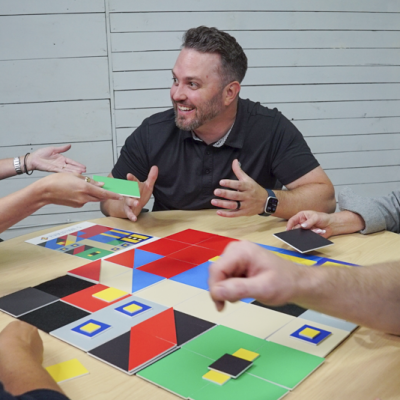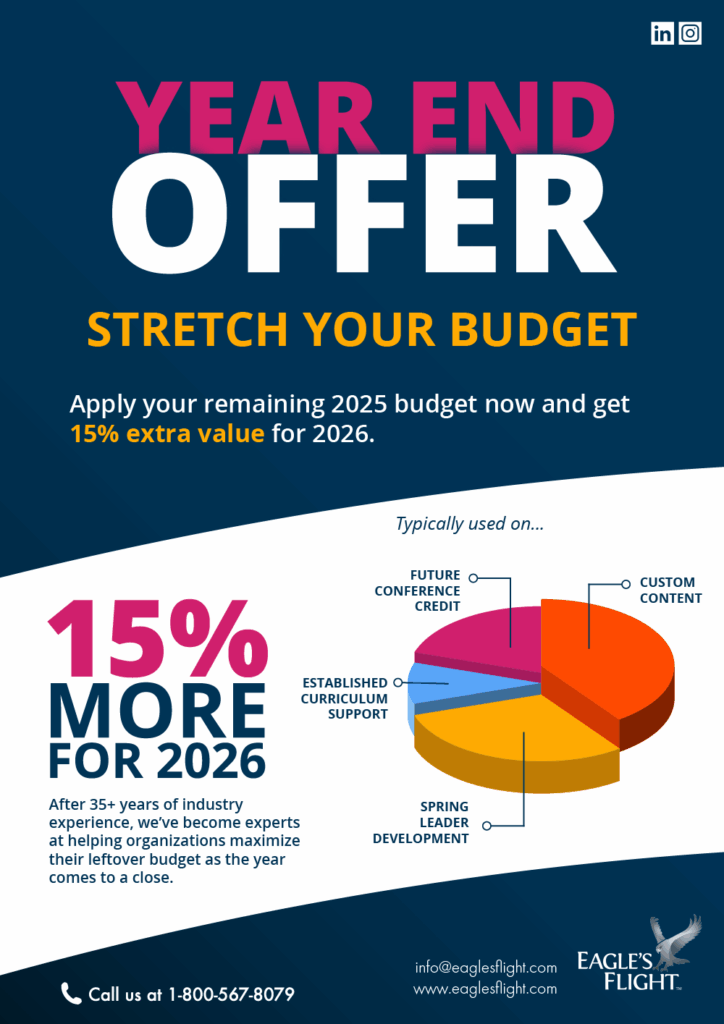How Sales Teams Sell More After They Play
Sales success depends as much on mindset as it does on skill. Strategy alone cannot drive growth unless the people behind it are confident, connected, and motivated. That is why forward-thinking sales leaders are turning to experiential learning and corporate events to help their teams learn by doing.
When people experience the lessons for themselves, rather than hearing them in a meeting, they build the conviction and capability that lead to lasting performance. Here is how shared experience can transform a sales team.
1. The Power of Experiential Learning
Experiential learning immerses people in realistic challenges so they can practice critical behaviors in a safe environment. It turns learning from an abstract concept into a lived experience.
For sales teams, this approach helps participants:
Apply strategies in simulated situations that mirror real-world selling.
Receive immediate feedback that encourages quick adjustment.
Retain new skills because they were learned through action, not instruction.
Learning by doing accelerates both confidence and competence. It also creates shared reference points that teams can draw on long after the event ends.
2. Building Stronger Teams Through Shared Experiences
Corporate events that incorporate experiential learning do more than teach technique. They help people connect in meaningful ways.
Sales success depends on trust, collaboration, and communication. Shared experiences give teams the opportunity to build those qualities through action rather than discussion. When people solve challenges together, they discover each other’s strengths, build respect, and learn how to rely on one another.
The result is not only better teamwork but a stronger, more supportive culture back on the job.
3. Enhancing Key Sales Skills
Sales is a craft, and practice is how mastery develops. Well-designed experiential learning gives participants the chance to refine essential abilities in a setting that encourages experimentation.
Common areas of focus include:
Resilience: Learning to recover quickly from setbacks.
Adaptability: Responding effectively to changing situations and customer needs.
Influence: Communicating value in a way that inspires action.
Because the experience feels real, participants build muscle memory for behaviors that drive performance under pressure.



4. Aligning Teams Around a Shared Purpose
When sales teams understand the connection between their daily actions and the organization’s broader goals, motivation grows naturally.
Experiential learning is a powerful way to create that alignment. By participating in activities that reflect company values and mission, team members see how their success contributes to something larger. They return to work with renewed purpose and a stronger sense of belonging.
This connection between individual effort and organizational vision is what sustains engagement over time.
5. Measuring the Impact
Any learning experience should produce visible, measurable outcomes. The most effective sales events are designed with clear objectives from the start.
To assess results, consider tracking:
Performance metrics such as conversion rates, customer satisfaction, and retention.
Participant feedback that reflects confidence, engagement, and perceived skill growth.
Behavioral change over time, noting how well lessons from the event translate to the workplace.
Evaluation ensures accountability and helps you refine future initiatives for even greater impact.
6. Designing Effective Experiential Events
The best events are both engaging and relevant. They balance energy with intention and always tie back to real business outcomes.
To design experiences that resonate:
Define specific learning goals before choosing activities.
Tailor content to the team’s current challenges and opportunities.
Include structured reflection time so participants can connect what they experienced to what they will do differently.
Good design turns an enjoyable day into a transformative experience.
7. Overcoming Common Challenges
Not everyone embraces new learning methods right away. Some participants may resist non-traditional approaches or view experiential activities as unrelated to their work. Address this early by explaining why the approach works and sharing examples of results.
Budget or time constraints can also limit scope, but meaningful impact does not require extravagance. Even short, focused experiences can make a difference when they are aligned with real business goals.
8. The Long-Term Benefits
The greatest value of experiential learning appears over time. When sales teams practice together, learn together, and reflect together, they build habits that endure.
Long-term outcomes often include:
Continuous improvement as learning becomes part of everyday work.
Stronger relationships across teams and departments.
Greater engagement and retention among high performers.
This kind of skill development supports not just sales growth but broader culture transformation across the organization. It also reinforces the principles of change management, turning learning into lasting behavior change.
In Closing
Sales excellence is not achieved through instruction alone. It is built through experience, reflection, and shared purpose.
Corporate events that use experiential learning provide exactly that. They bring teams together, strengthen skills, and remind people that success is not only about what they sell but how they grow together.
When sales teams play, they connect. When they connect, they learn. And when they learn, they sell more.







